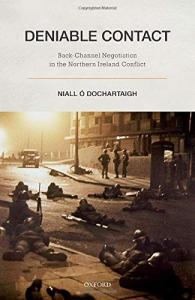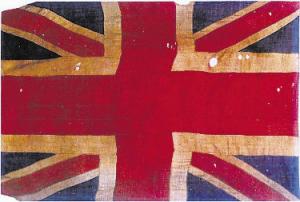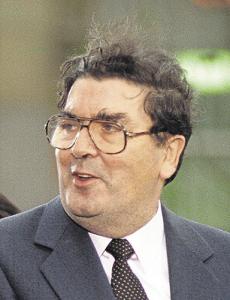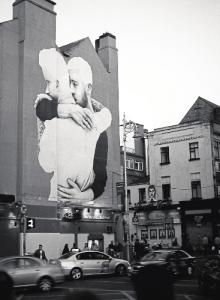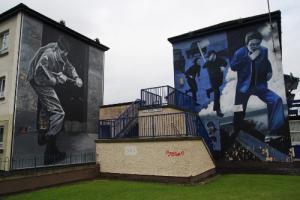Its official title is ‘the Belfast Agreement’, but it is known throughout the world as ‘the Good Friday Agreement’ (GFA) because it was signed on Good Friday, 10 April 1998.
Two of its signatories, John Hume and David Trimble, then the leaders of the largest nationalist and unionist political parties, were awarded the Nobel Peace Prize later that year.
Since then, it has been a rocky 25 years and the Agreement has faced a number of crises, too numerous to recount here. For…



